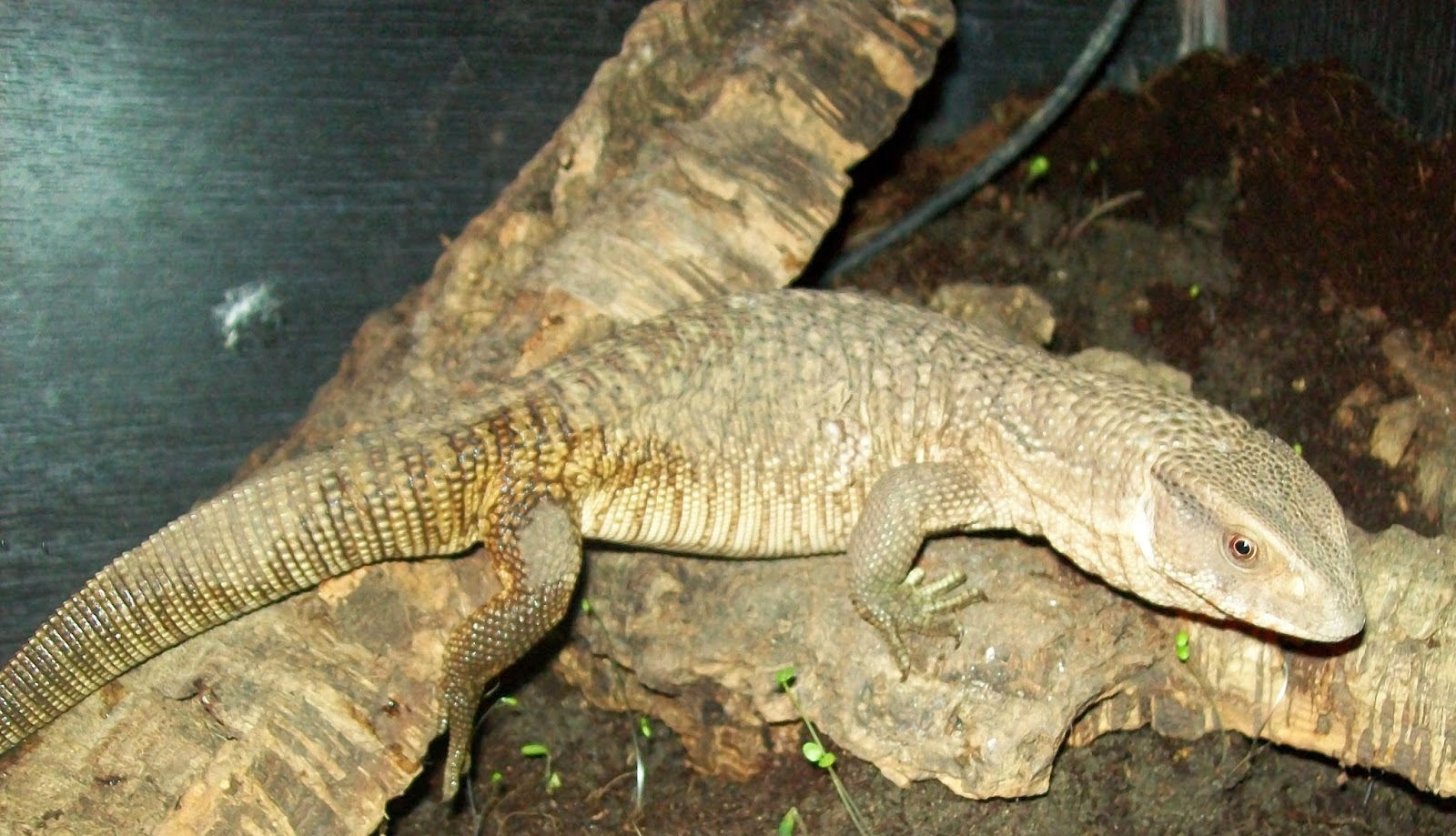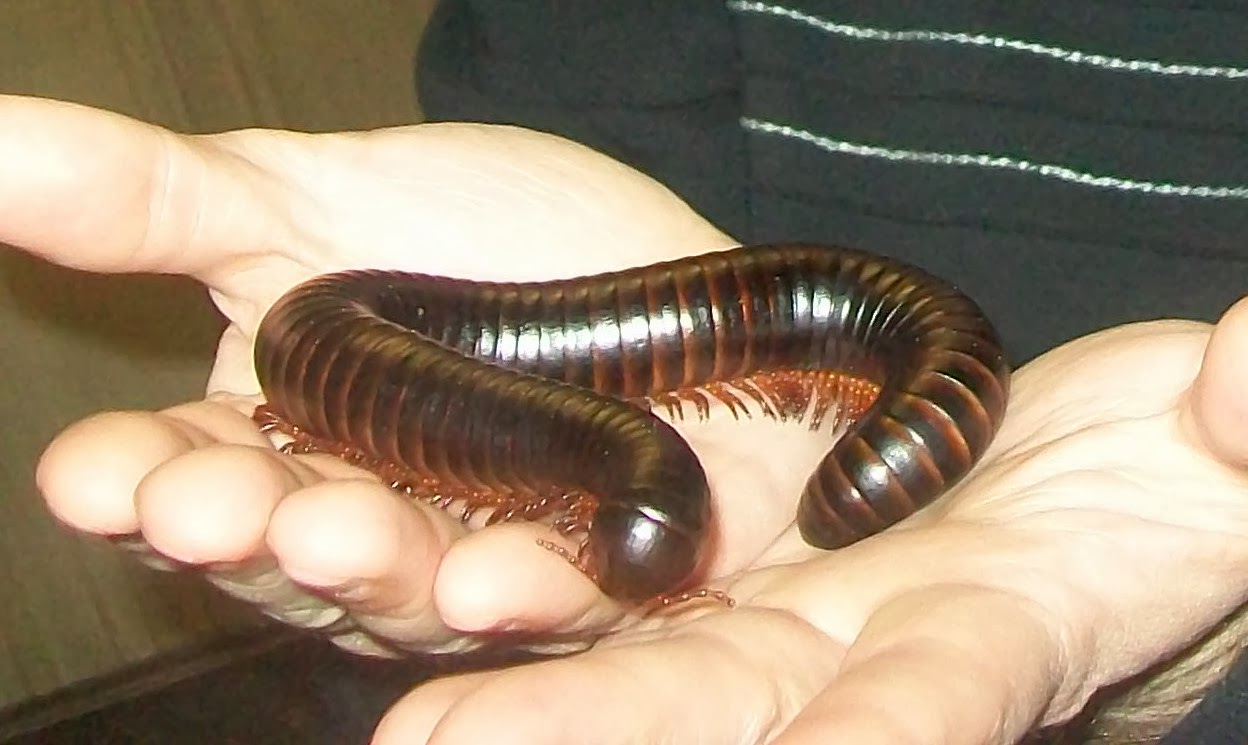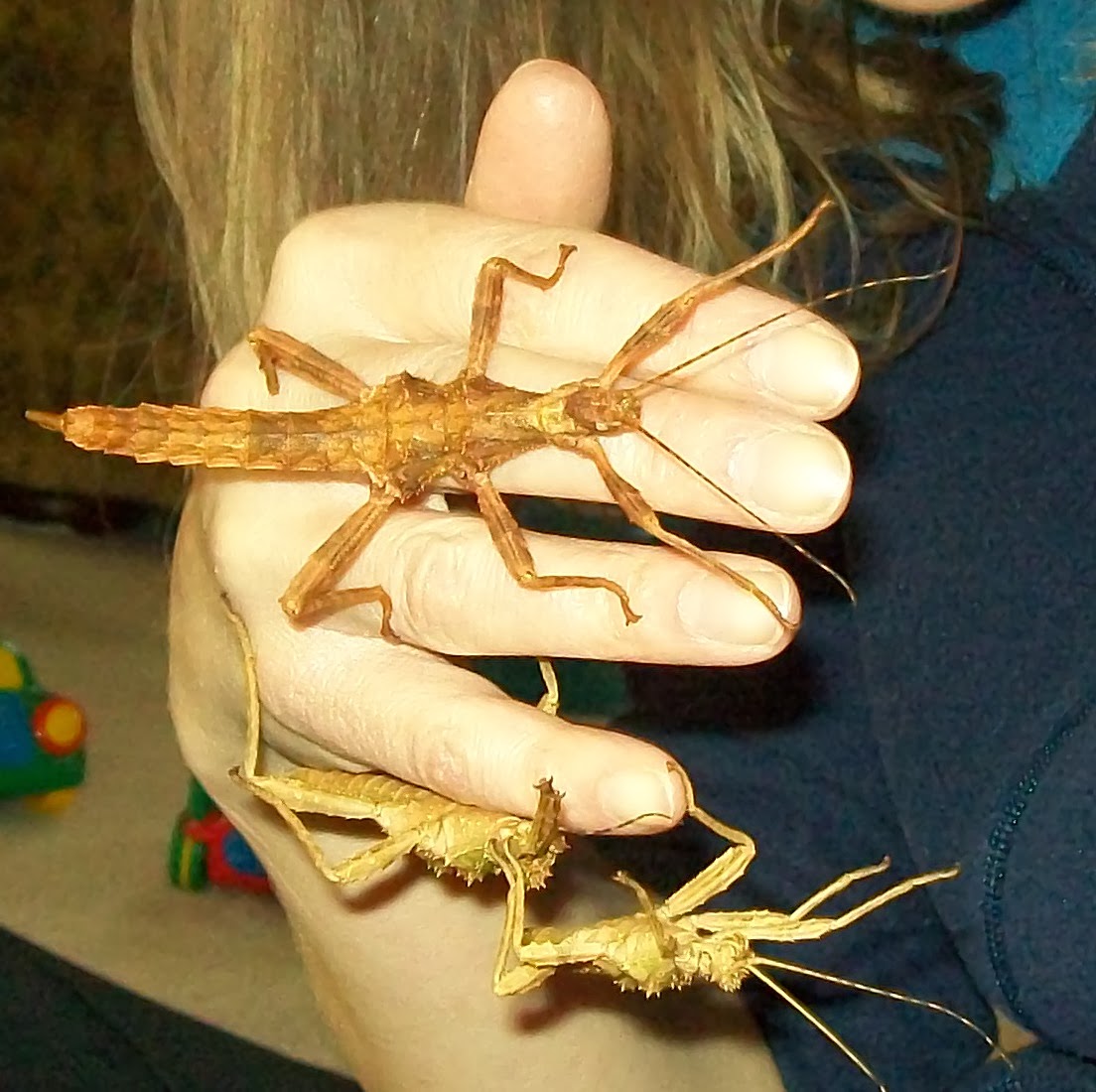Monday morning, brilliant sunshine and virtually a heatwave here in Blighty, an incredible 10 degrees Celsius with zero precipitation! This is a rare event, so Carpe Diem (seize the Day) or in my case, the Boots, the Bag and the Car keys...
Time to go foraging for vivarium decor.We're blessed to be living on the doorstep of some beautiful woodland, so of course the camera's coming too.
Our recent storms and high winds are much in evidence. Quite a canopy of precariously dangling branches prevented me going to all the familiar places I had planned, though an hour of walking did yield an interesting selection of fallen wood. I have to reiterate 'fallen.' At no point were any saws/cutters or other unnatural felling methods used! Once you get your focus, there's a wealth of freely available natural material, every piece unique, which if properly collected and prepared will provide endless scope to enhance and enrich a vivarium.
In our native woodland, suitable candidates are Elm, Beech and Oak. These are tough, non-toxic woods which tend to last well in a vivarium. Oak has high levels of tannin, making it resistant to decay.
Woods to avoid are Sycamore, Pine, Yew and especially Cedar, as these woods are toxic.
There were some great finds including smooth, contoured and weathered pieces. Anything demonstrating signs of rot, no matter how pleasing to the eye, sadly had to be ignored!
Once the wood reached home, all the branches had to be soaked overnight in warm water with a small quantity of disinfectant. It's important to thoroughly immerse the wood. (No floaters allowed here.)
The next day all the wood was thoroughly rinsed, soaked in clean water, then left to dry naturally. We're lucky to have well ventilated sheds, though this is still the lengthy part of the process.
Once fully dried, we cook. No, really. Closely supervised, in the oven at just over 100 degrees for one hour.
Although this may conjure up some intriguing mental scenarios, I ought to add that none of my finds exceeded around 40cms!
Now just time for one more sunlit Blighty woodland pic.
Plus one gratuitous Gastropod pic. Our lovely, amiable old man George, relaxing after a long week of birthday parties and school visits.
George will be seven years old soon and has seen a good deal of the British Isles with us, very slowly.
One of his favourite forms of relaxation is to have his shell gently massaged with a damp toothbrush (whilst watching the Lava Lamp if possible!)
Another of our star invertebrates, Mibble the Millipede. A voracious detritivore but one of the strangest sensory experiences to hold. Rather like a walking hairbrush.
The final picture on tonight's blog and the reason for our woodland foray, Freda the Leopard Gecko.
As soon as her vivarium has been renovated later this week, we will post some more!
This weekend has been incredibly busy organising temporary accommodation for our new rescue Bosc Monitor lizard. We really just need to let her settle in to her new enclosure right now.
Freda is suitably intrigued....
 This is our first ever Anchiale stolli stick insect. A gift from a friend in the Exotics business and genuinely one of the most fascinating phasmids I've ever kept. At an impressive 20cms in length, she was already fully grown. As you can probably tell by the wonderful light levels in this photo, these were taken back in October 2014! A far cry from our current wintery climate.
This is our first ever Anchiale stolli stick insect. A gift from a friend in the Exotics business and genuinely one of the most fascinating phasmids I've ever kept. At an impressive 20cms in length, she was already fully grown. As you can probably tell by the wonderful light levels in this photo, these were taken back in October 2014! A far cry from our current wintery climate.


























